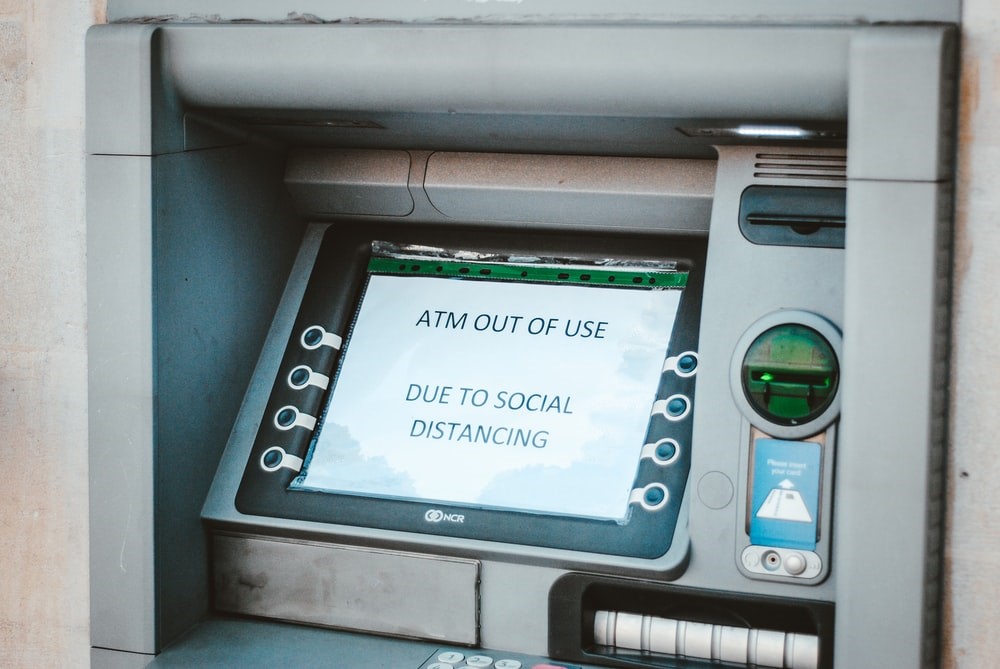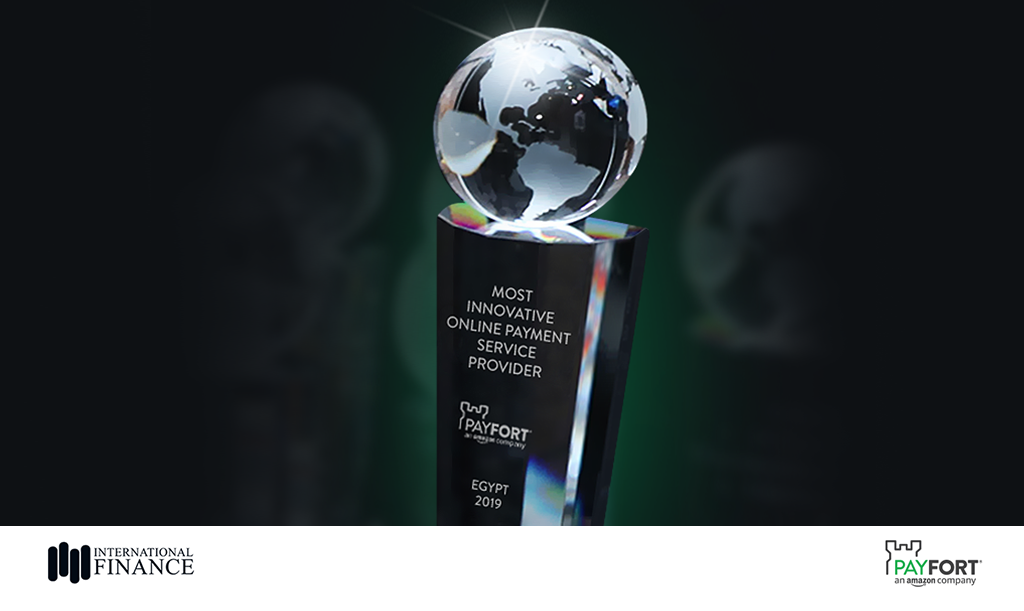Bridging the credit gap through crowdfunding
23 July 2019
Crowdfunding has always been an alternative yet mostly reliable financing model, capitalizing on receiving small amounts of money from large groups of people. In recent years, the method has seen rising popularity in the startup ecosystem and many platforms have used crowdfunding either as the basis of their operations or as an added value to their core offering.
Looking at the Middle East and its highly populated countries, one would assume that a peer-to-peer form of financing like crowdfunding would be thriving in this particular region, especially since early stage startups typically depend on the small circle of family & friends to fund their projects. So far however, it did not gain traction as estimated by industry experts, partly due to slow regulatory processes as well as the regional complications involved in a substitute, decentralized financial model.
Despite relatively slow progress in the MENA region, crowdfunding has been brought to the forefront of startup funding and early-stage financing efforts, amplified by the digital age and evolving platforms that enable it to reach millions of potential investors in minimal time. According to Statista, the worldwide transaction value in the crowdfunding sector is currently valued at $6.9 billion.
As a result of the 2008 global financial crisis, lending policies became tighter in banks and financial institutions & investors became more risk-averse in general, which led to tougher funding opportunities. The impact of this crisis led to the creation of a credit gap of $260 billion for SMEs across the MENA region, with just 1 in 5 having access to bank loans or other forms of credit. The World Economic Forum (WEF) reports that SMEs represent 96% of registered companies in the MENA region, but they account for just 7% of total bank lending – the lowest level in the world.
Enter Crowdfunding. Companies like Liwa in Jordan and Eureeca and Smart Crowd in Dubai have thrived from the credit gap and its entailing issues, navigating through complex regulations and authoritative red tape surrounding crowdfunding initiatives. However, the process remains slow and is hardly optimized to cater to peer-to-peer financial platforms.
“A lack of regulatory innovation, awareness and infrastructure play a role, even though the alternative finance market is worth over $300 billion around the globe. MENA and other emerging markets are not even close to harnessing this opportunity,” says Leila Mroueh, acting CEO of Zoomaal, a creative economy-focused crowdfunding platform.
Data released from World Bank suggests that 69% of the MENA population remains unbanked to this day, resulting in a challenge when it comes to digital money transfers for the unbanked community. A good example of a company trying to solve this issue is Egypt-based startup MoneyFellows, a rotating savings and credit association (ROSCA), a concept commercially known in Arabic as “جمعية”. They created a mobile peer-to-peer lending application that allows a small group of people to contribute a fixed amount of money and take turns to receive the collective sum on a monthly basis. However, MoneyFellows has certain limitations such as the near-impossibility of attracting investors beyond one city.
It seems for now that crowdfunding is only applicable on a small scale, where young companies and B2C startups with a significant customer base could benefit from the peer-to-peer funding solution, in addition to companies in need of minor cash injections that can loosely depend on ROSCA-based models, but the true way forward for crowdfunding to become a commercially reliable source of funding is through better regulatory policies and region-wide acceptance of its rising potential.
related articles

Can the Middle East Bloom Into A Global FinTech Hub?

Relevance of Scheduling Apps for Bank Appointments is Skyrocketing

The Opportunities and Threats of FinTech during COVID-19

The Impact of Coronavirus on the Financial Sector

FinTech’s Critical Role in the Battle Against the Coronavirus

The Potential of Peer-to-Peer Lending in the Middle East

How many digital Middle Eastern companies have unlocked their full innovative potential?

‘Travelex Business’ Launched as New B2B FinTech Platform

The Flourishing of FinTech in the Middle East

UAE Entrepreneurs Shed Light On Financial Inclusion Challenges

Bahraini Bank ABC pioneers e-KYC Capability in the Middle East

PayFort receives ‘Most Innovative Online Payment Service Provider’ award for the second time


 0
0
 3.1k
3.1k 



Comments